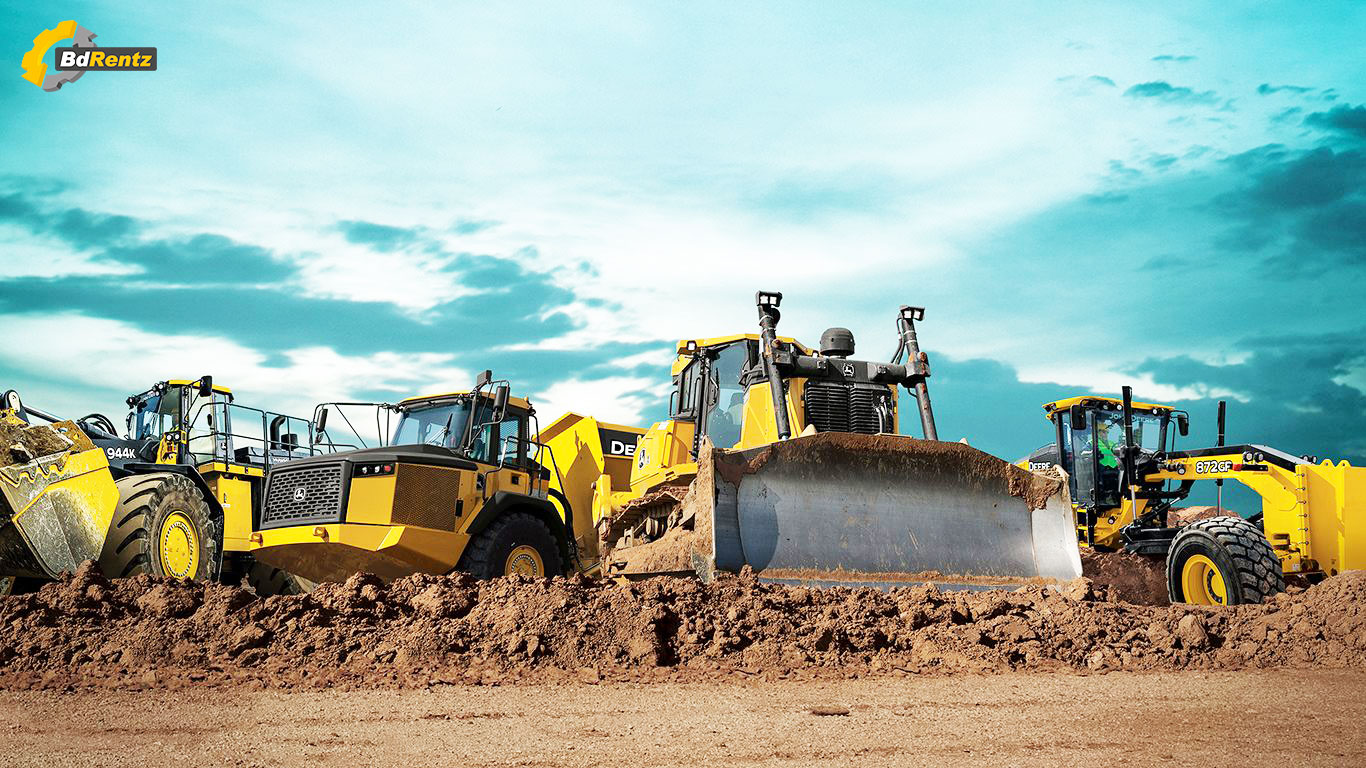Rental Company Near Me: Regional Solutions for Equipment Rentals
Rental Company Near Me: Regional Solutions for Equipment Rentals
Blog Article
Maximize Your Budget Plan by Recognizing the Expenses Associated With Construction Equipment Leasings
Comprehending the complete extent of expenses linked with construction devices leasings is vital for maximizing your budget plan. What strategies can be used to successfully handle these prices and make certain a much more efficient rental experience?
Overview of Rental Costs
When taking into consideration building and construction equipment leasings, comprehending the associated prices is vital for reliable budgeting and task preparation. Rental prices can differ considerably based upon numerous elements, including tools kind, period of leasing, and area. The first rental cost frequently reflects the devices's market demand and its linked operational capacities, influencing the general expense.
In addition to the base rental price, ancillary expenses may arise, such as transport fees, gas additional charges, and upkeep charges. It is important to represent these additional expenditures to properly assess the total price of renting out tools. Moreover, the rental period can influence rates; longer rentals may certify for reduced prices, while temporary services may sustain greater everyday charges.

Breakdown of Rental Prices
An extensive understanding of rental rates is crucial for professionals and job supervisors aiming to enhance their spending plans. Rental rates for building tools typically consist of several parts, consisting of base prices, time-based charges, and usage fees.
Base prices are the core fees connected with the service of the equipment, usually determined by the type and dimension of the machinery. These prices can differ substantially, affected by factors such as equipment demand, schedule, and local market trends. Time-based charges, which might be daily, weekly, or monthly, offer to suit different task timelines and rental periods.
In addition, rental prices may include use fees, which apply when equipment is used past a defined limit, ensuring that the rental firm can account for deterioration. Seasonal need variations can likewise influence rental rates, with peak building and construction periods generally commanding greater costs.
Furthermore, comprehending the rental firm's policies relating to maintenance and insurance can supply more insight right into the overall expense framework. By evaluating these elements, service providers can make educated choices, guaranteeing the option of rental equipment lines up with both project demands and budget restraints.
Added Fees to Consider
Recognizing the intricacies of extra charges is important for specialists to manage their general rental expenditures efficiently. Beyond the basic rental prices, numerous extra fees can dramatically impact the overall price of tools rental. These costs typically include shipment and pick-up fees, which can differ based on range and logistics included in transferring the tools to and from bucket loader rental near me the job site.
In addition, some rental companies may impose gas additional charges if the devices is returned with much less fuel than when leased. It is additionally necessary to recognize potential cleaning charges, specifically for customized equipment that calls for thorough upkeep after usage.

Thoroughly reviewing the rental contract and clearing up these extra fees ahead of time can aid specialists avoid unexpected prices and guarantee that spending plans remain intact throughout the job lifecycle.
Maintenance and Repair Expenses
Routine repair and maintenance costs are commonly neglected variables that can considerably influence the overall cost of building tools rentals. When renting out devices, it is vital to take into consideration not only the rental fees however additionally the prospective prices connected with maintaining the machinery in optimum operating condition.
Numerous rental business consist of standard maintenance as part of the rental contract; nonetheless, extra unanticipated break downs or extensive repair work can lead to added costs. It's important to examine the rental contract very carefully to understand what upkeep solutions are covered and what responsibilities fall on the tenant.
Moreover, tools that is not well-kept can bring about ineffectiveness at work site, potentially creating hold-ups and raising task prices. To reduce these risks, it is advisable to conduct regular examinations and keep open communication with the rental service provider relating to any kind of concerns that arise during use.
Insurance and Liability Prices
Insurance and responsibility costs are vital components that can significantly influence the general cost of building and construction equipment services (heavy equipment rental). These expenses ensure rent a bulldozer for a day that both the rental firm and the customer are secured from possible financial losses arising from crashes, damage, or theft during the rental duration

Additionally, customers ought to be aware of any type of deductibles or exclusions in the insurance policy, as these can influence prospective out-of-pocket costs. Recognizing the terms of any kind of insurance policy protection is important to prevent unforeseen costs. Inevitably, budgeting for insurance and responsibility expenses can assist make sure a smoother rental experience and shield against financial dangers related to building and construction projects.
Conclusion
To conclude, an extensive understanding of the prices connected with construction tools leasings is necessary for reliable budget plan monitoring. By examining rental prices, extra costs, upkeep expenditures, and insurance individuals, companies and demands can decrease unexpected expenses. This strategic method not only boosts cost-effectiveness but likewise makes sure that tasks progress efficiently and successfully. Eventually, notified decision-making pertaining to equipment services adds to the total success of building and construction ventures.
Rental costs can differ dramatically based on several aspects, including tools kind, period of service, and place (dozer rental). The rental duration can influence rates; longer leasings may qualify for reduced rates, while temporary services may sustain greater daily charges
By conducting extensive research and involving with reliable rental companies, professionals can effectively navigate the complexities of rental prices, eventually maximizing their economic sources.
Beyond the conventional rental prices, different extra fees can dramatically impact the total expense of devices leasing. Rental firms usually provide responsibility insurance coverage that covers injuries to 3rd parties or damages to residential property, while equipment damages insurance policy can cover the cost of repairs or substitute if the leased equipment is harmed.
Report this page